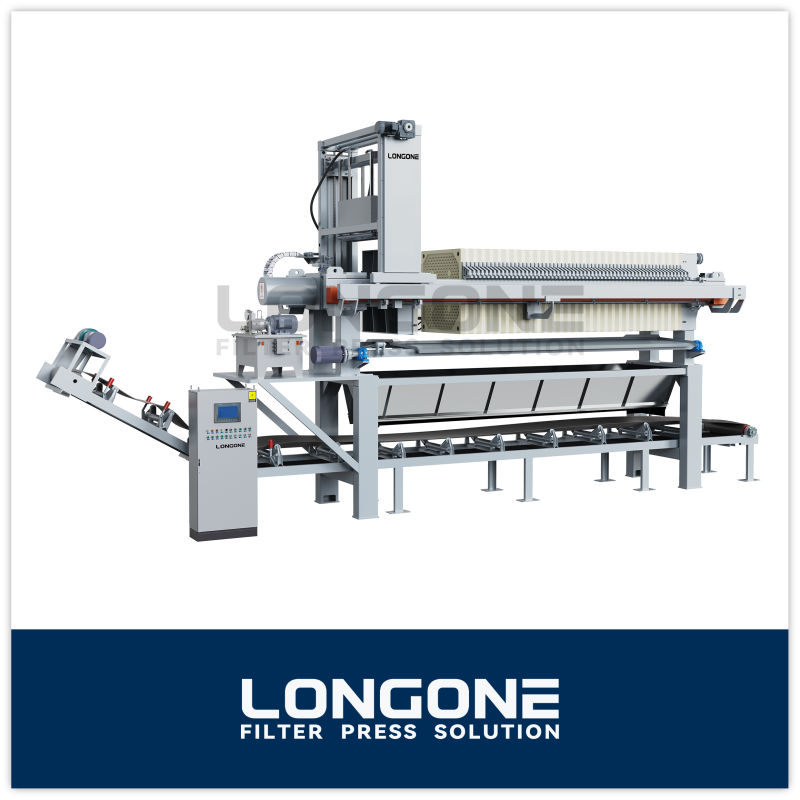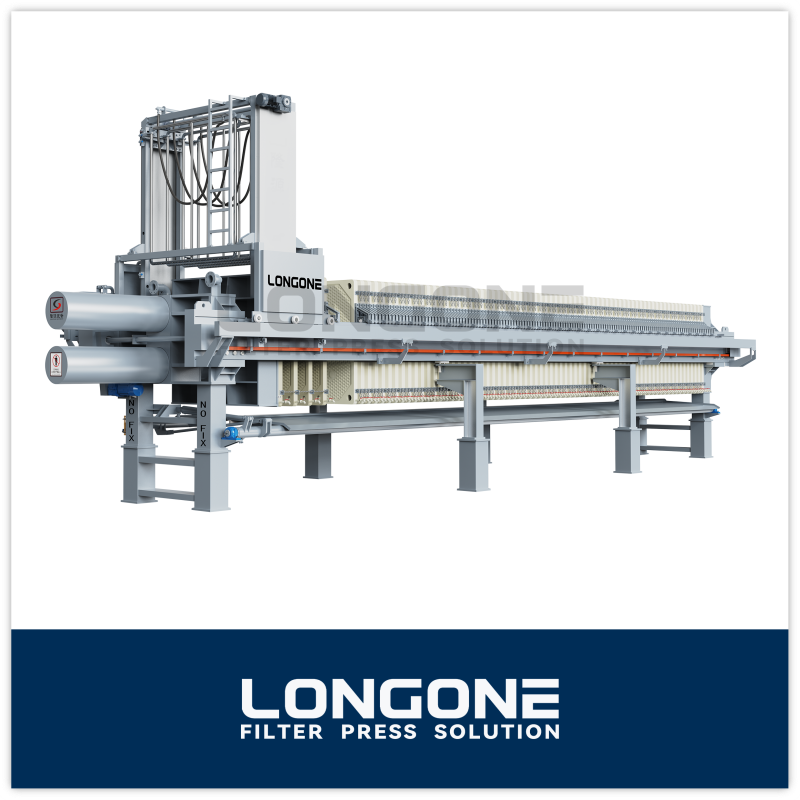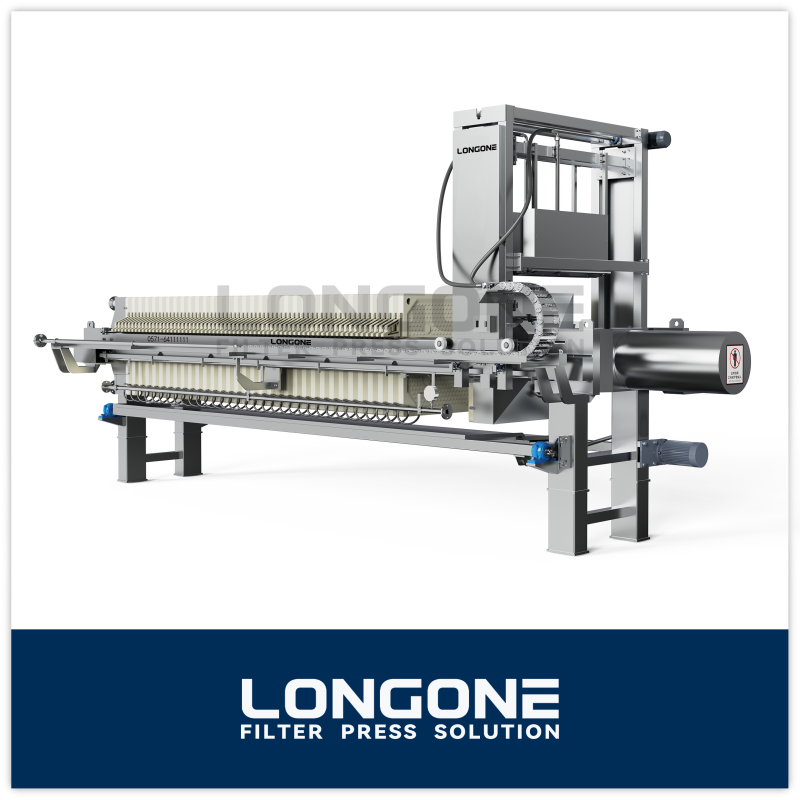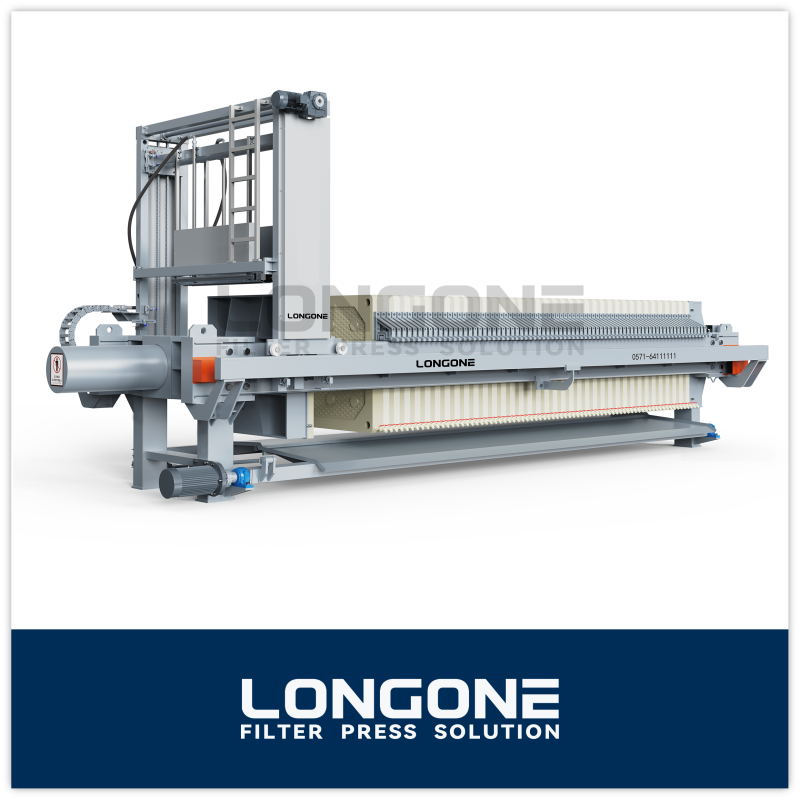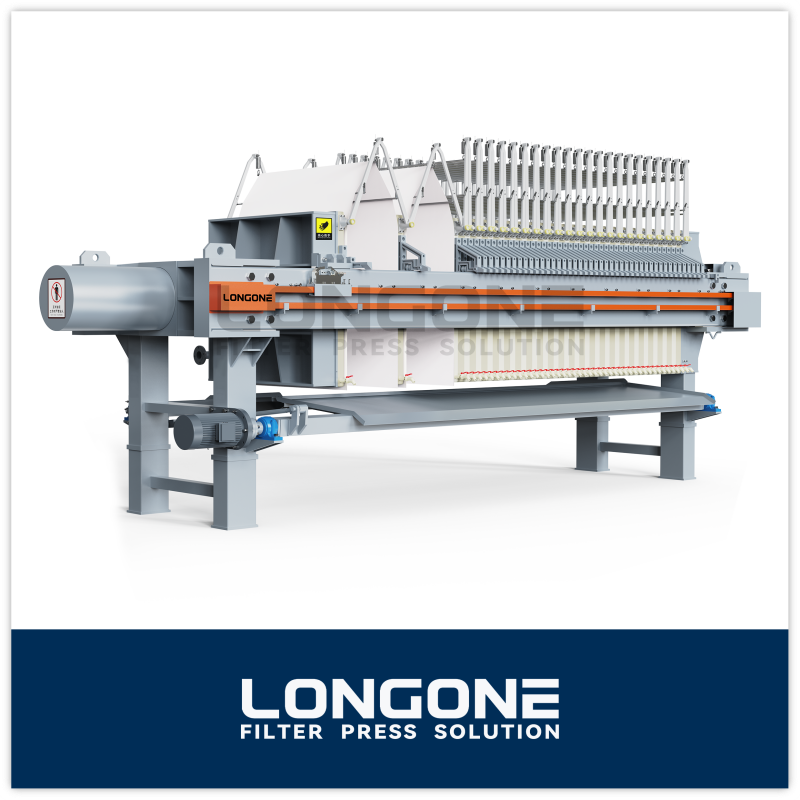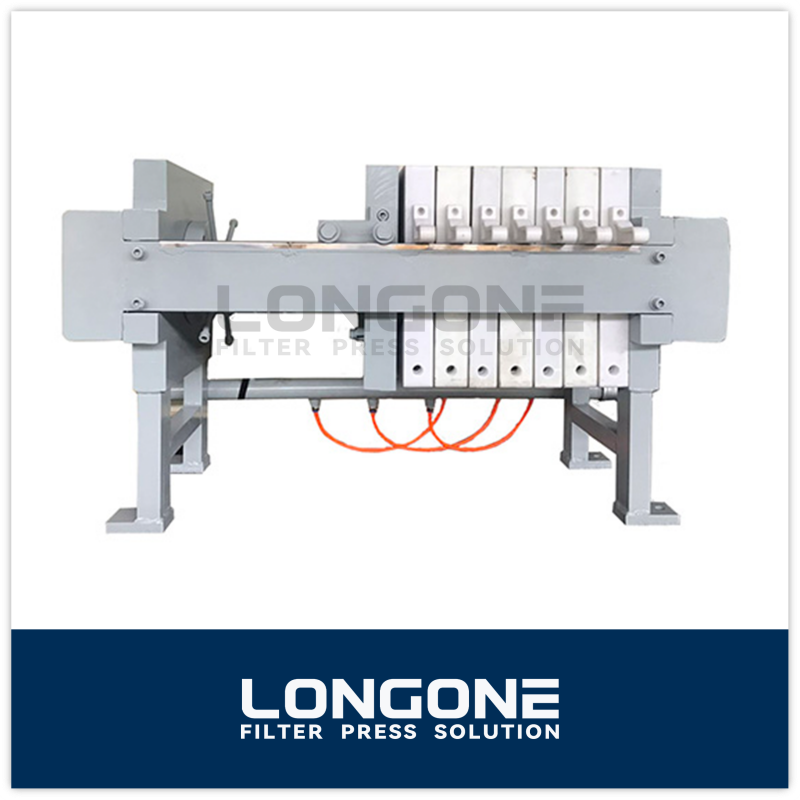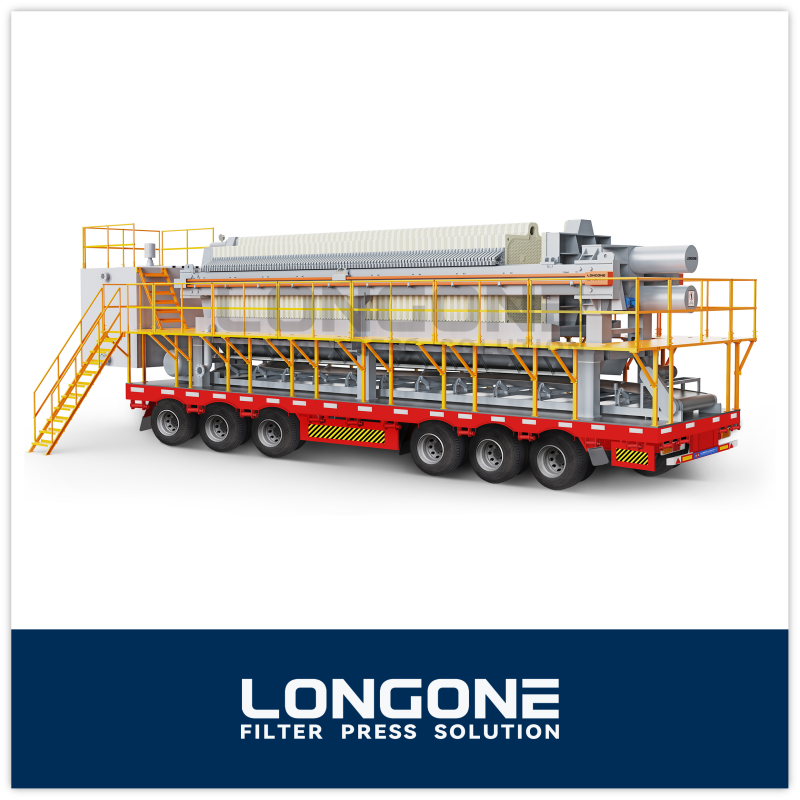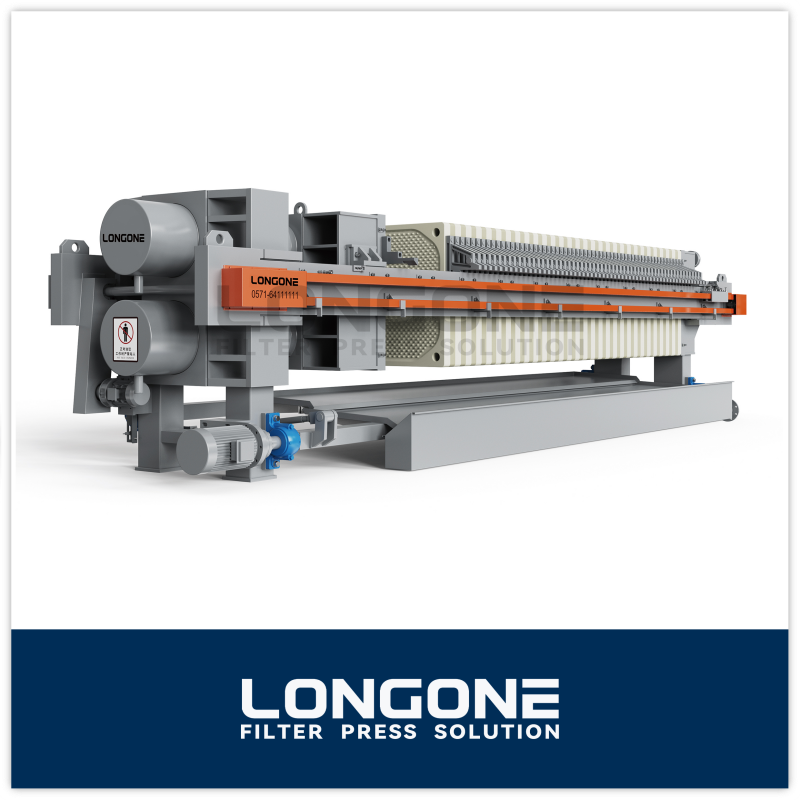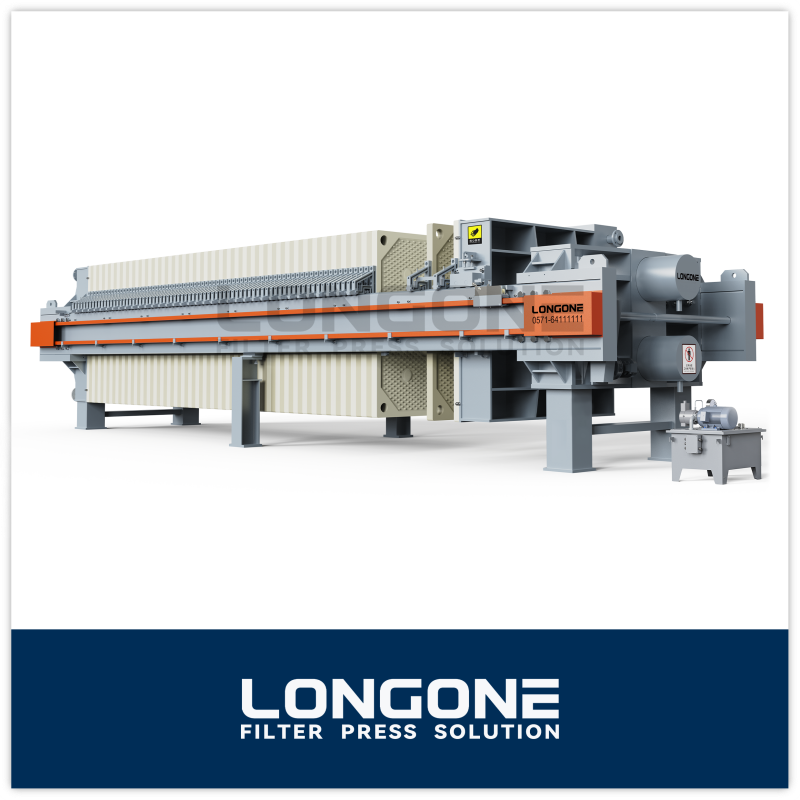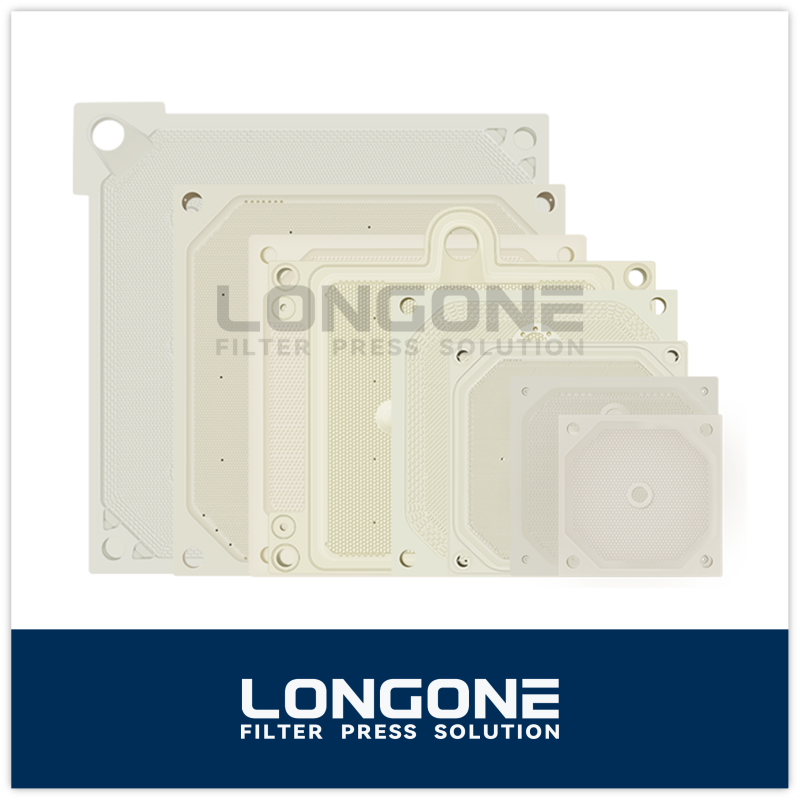Filter presses are essential tools in industrial processes where solid-liquid separation is crucial. The automatic chamber filter presses are used in various industries, including chemical, pharmaceutical, food and beverage, and wastewater treatment. When selecting customized filter press machine, several key factors should be considered to ensure optimal performance, efficiency, and cost-effectiveness. This article will explore these critical factors to guide you in making an informed decision.
1. Application Requirements:
Understanding the specific application for which the filter press machine will be used is the first step in selecting the right equipment. Different applications have varying requirements in terms of feed material characteristics, desired filtrate quality, and volume. Key aspects to consider include:
Type of Slurry: The nature of the slurry (e.g., particle size, concentration, and chemical composition) will influence the choice of filter press machine. For example, highly viscous slurries may require specialized filter plates and cloths.
Filtrate Quality: Determine the required clarity and purity of the filtrate, which can impact the choice of filter medium and chamber filter press design.
Volume and Flow Rate: Assess the volume of slurry to be processed and the required flow rate to determine the size and capacity of the chamber plate filter press.
2. Filter Press Design and Configuration:
The design and configuration of the automatic chamber filter press are critical to its performance. Key design considerations include:
Type of Filter Press: There are several types of filter presses, including plate and frame, recessed chamber, and membrane filter presses. Each type has its advantages depending on the application. Plate and frame filter presses are often used for high cake discharge applications, while membrane presses offer higher cake dryness and faster cycle times.
Filter Plate Material: The material of the filter plates (e.g., polypropylene, stainless steel) should be chosen based on the chemical compatibility with the slurry and the operating temperature.
Number of Chambers/Plates: The number of chambers or plates determines the filter press machine's capacity. Customization may be needed to match specific processing requirements.
3. Automation and Control Systems:
Modern chamber filter presses often come with automation and control systems that enhance efficiency and ease of operation. Consider the following:
Automation Level: Determine the level of automation required, from basic manual controls to advanced automated systems with PLCs and touchscreens. Automated systems can improve consistency, reduce labor, and minimize errors.
Monitoring and Diagnostics: Features such as real-time monitoring, diagnostics, and data logging can help in optimizing performance and troubleshooting issues.
4. Maintenance and Durability:
The durability and ease of maintenance of the chamber filter press are important for long-term operation and cost-effectiveness. Key factors include:
Material of Construction: Durable materials that can withstand the operating conditions and corrosive nature of the slurry are essential for longevity.
Ease of Maintenance: Consider features such as easy access to filter plates, simple cloth replacement, and the availability of spare parts.
5. Energy and Environmental Considerations:
Energy efficiency and environmental impact are increasingly important in the selection of industrial equipment. Factors to consider include:
Energy Consumption: Look for automatic chamber filter presseses designed to minimize energy consumption, such as those with efficient hydraulic systems and low-energy pump options.
Waste Management: Assess how the chamber filter press handles and disposes of waste materials, including the management of filter cakes and spent filter media.
6. Cost and Budget:
Finally, cost considerations play a significant role in the selection process. The initial purchase price is just one aspect; consider the total cost of ownership, including installation, operation, and maintenance. Customization may involve additional costs, but it should be weighed against the benefits of improved performance and efficiency.
Initial Cost: Compare prices from different suppliers, considering the features and specifications that meet your requirements.
Operational Costs: Evaluate the cost of operation, including energy, labor, and maintenance.
Selecting customized filter press machine involves a thorough analysis of various factors, from application requirements to cost considerations. By carefully evaluating the specifics of your application, filter press design, automation needs, maintenance requirements, and budget constraints, you can make an informed decision that enhances operational efficiency and meets your processing goals. Collaborating with experienced suppliers and engineers can further ensure that your customized filter press is optimized for your unique needs.


